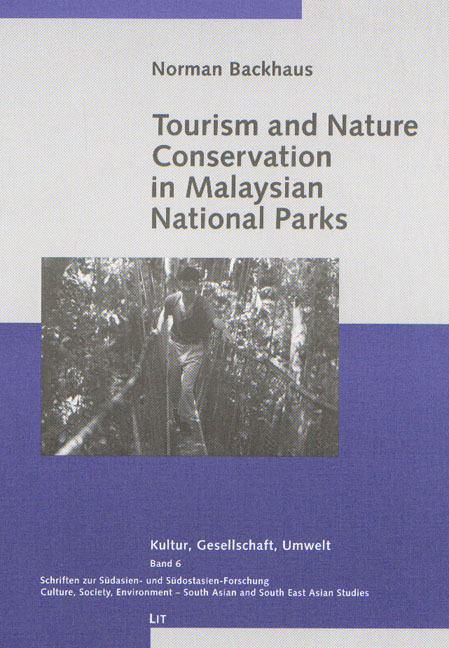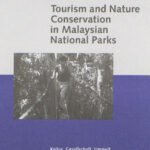Beschreibung
Malaysia features some of the most spectacular national parks in
the world. The parks – most are hotspots of biodiversity –
have
become a major attraction for foreign and increasingly domestic
tourists. Nature tourism is at the same time a source of revenues
and a threat to the environmental integrity of conservation areas.
This study – based on the theory of structuration and using
a triangulation of methods – analyses (eco)tourism in
Malaysian national
parks from different angles by asking different groups of tourists
and experts about their opinions, experiences and needs. In order
to learn more about the often neglected group of domestic tourists
a large survey was conducted in Kuala Lumpur. The needs of
foreign individual and group travellers were analysed with a
questionnaire in Gunung Mulu National Park. And experts of
conservation and tourism (i.e. scientists, park managers, tour operators,
exponents of NGOs) were asked to assess the state and potential
of ecotourism in Malaysian national parks.
Results show that the increasing heterogeneity and number
of visitors and their different needs can put a strain on the
environmental integrity of conservation areas. This study makes
recommendations to mitigate such strains and to further sustainable
tourism.


